 Some of us have a proclivity for DIY projects. You might have a passion for fixing up the old lawnmower or fashioning a coffee table from wood pallets. Being able to do it yourself is great – it gives you a feeling of satisfaction that you are capable and skilled, and it likely also saves you money.
Some of us have a proclivity for DIY projects. You might have a passion for fixing up the old lawnmower or fashioning a coffee table from wood pallets. Being able to do it yourself is great – it gives you a feeling of satisfaction that you are capable and skilled, and it likely also saves you money.
However, not every task is suitable for DIYers. For instance, you may be tempted to try to control a rodent infestation on your own with traps from the local hardware store. But, you’d be much better off calling a professional animal control service to deal with those rats – it’s just too risky to do it yourself.
Rodent Problems
When there are rodents living in your house, there’s no time to waste. If left alone, they can do significant damage to your home. Rodents have a need to gnaw on objects to file down their ever-growing incisors, and they aren’t too picky. Furniture, walls, doors, baseboards, and many other things make great rat chewing objects.
Their urine and feces also create complications for homeowners. Not only will their excrement undoubtedly give off unpleasant odors, it destroys whatever it sits on. Many walls and ceilings have been completely ruined by rodent infestations due to their waste alone.
Experts Required
Rodent infestations can happen right under your nose, so don’t be ashamed to call a professional. After all, it’s hard to notice one rat in the garage or attic in the course of daily life. It’s likely not until the rodent problem gets out of hand that you will begin to notice the signs. Once you observe rat droppings scattered around areas, bite marks on various surfaces, or even the odd rat scurrying in or around your house, it’s time to call Critter Control® serving Ft. Lauderdale.

 Which would you rather have on your property,
Which would you rather have on your property, 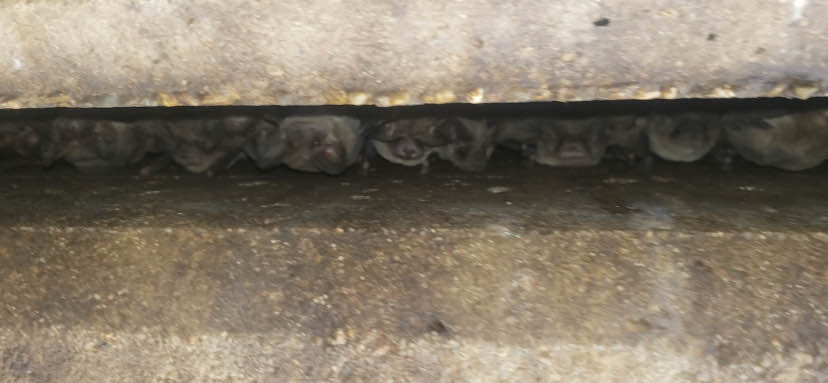
 Bats
Bats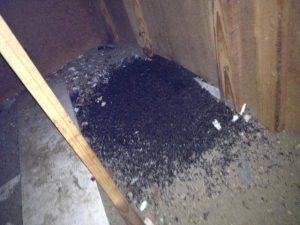
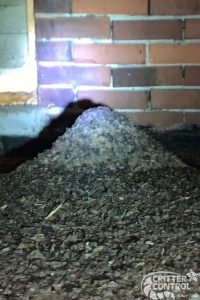


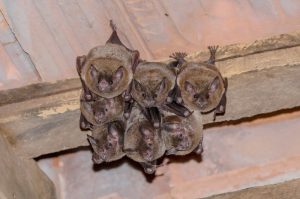 There is a wide gulf between the public perception of
There is a wide gulf between the public perception of 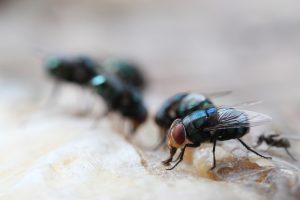 are
are 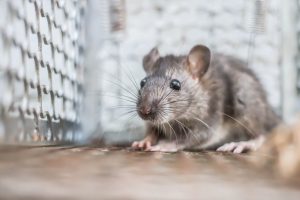 myriad of problems for homeowners if they manage to get inside houses. Contaminating food, chewing on wires and walls, and soiling surfaces with excrement are just a few of the bothersome things rats can do. The worst thing you can do in this situation is nothing – the longer the rats live in your house, the worse your situation will get. Call Critter Control as soon as you believe you have unwanted rodent houseguests to minimize the damage they can do.
myriad of problems for homeowners if they manage to get inside houses. Contaminating food, chewing on wires and walls, and soiling surfaces with excrement are just a few of the bothersome things rats can do. The worst thing you can do in this situation is nothing – the longer the rats live in your house, the worse your situation will get. Call Critter Control as soon as you believe you have unwanted rodent houseguests to minimize the damage they can do. access, it is no surprise that the DIY craze has exploded recently. From learning how to make the dish at your favorite restaurant to fixing a car, the internet offers “how to” videos for almost everything. But, just because there’s a video teaching you how to do something doesn’t mean the information is accurate and helpful. One thing you can’t afford to get wrong is nuisance
access, it is no surprise that the DIY craze has exploded recently. From learning how to make the dish at your favorite restaurant to fixing a car, the internet offers “how to” videos for almost everything. But, just because there’s a video teaching you how to do something doesn’t mean the information is accurate and helpful. One thing you can’t afford to get wrong is nuisance  Rodents like rats and mice are notorious home invaders, living alongside humans all over the world. They are especially problematic because they chew on housing structures and wires, contaminate food in the kitchen, leave excrement wherever they go, and make scuttling and squeaking noises at night. Though rodents can make their way into virtually any structure when motivated, there are things everyone can do to rodent-proof their home.
Rodents like rats and mice are notorious home invaders, living alongside humans all over the world. They are especially problematic because they chew on housing structures and wires, contaminate food in the kitchen, leave excrement wherever they go, and make scuttling and squeaking noises at night. Though rodents can make their way into virtually any structure when motivated, there are things everyone can do to rodent-proof their home.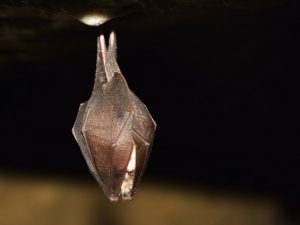 homes. However, killing bats or even forcefully removing them is illegal. Due to the importance of bats on the environment, they are a protected species. If you believe you may have a bat problem, it’s critical you reach out to professionals who know how to ethically and legally handle your issue.
homes. However, killing bats or even forcefully removing them is illegal. Due to the importance of bats on the environment, they are a protected species. If you believe you may have a bat problem, it’s critical you reach out to professionals who know how to ethically and legally handle your issue.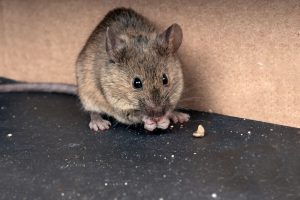 room wall?” In all likelihood, there could be some
room wall?” In all likelihood, there could be some